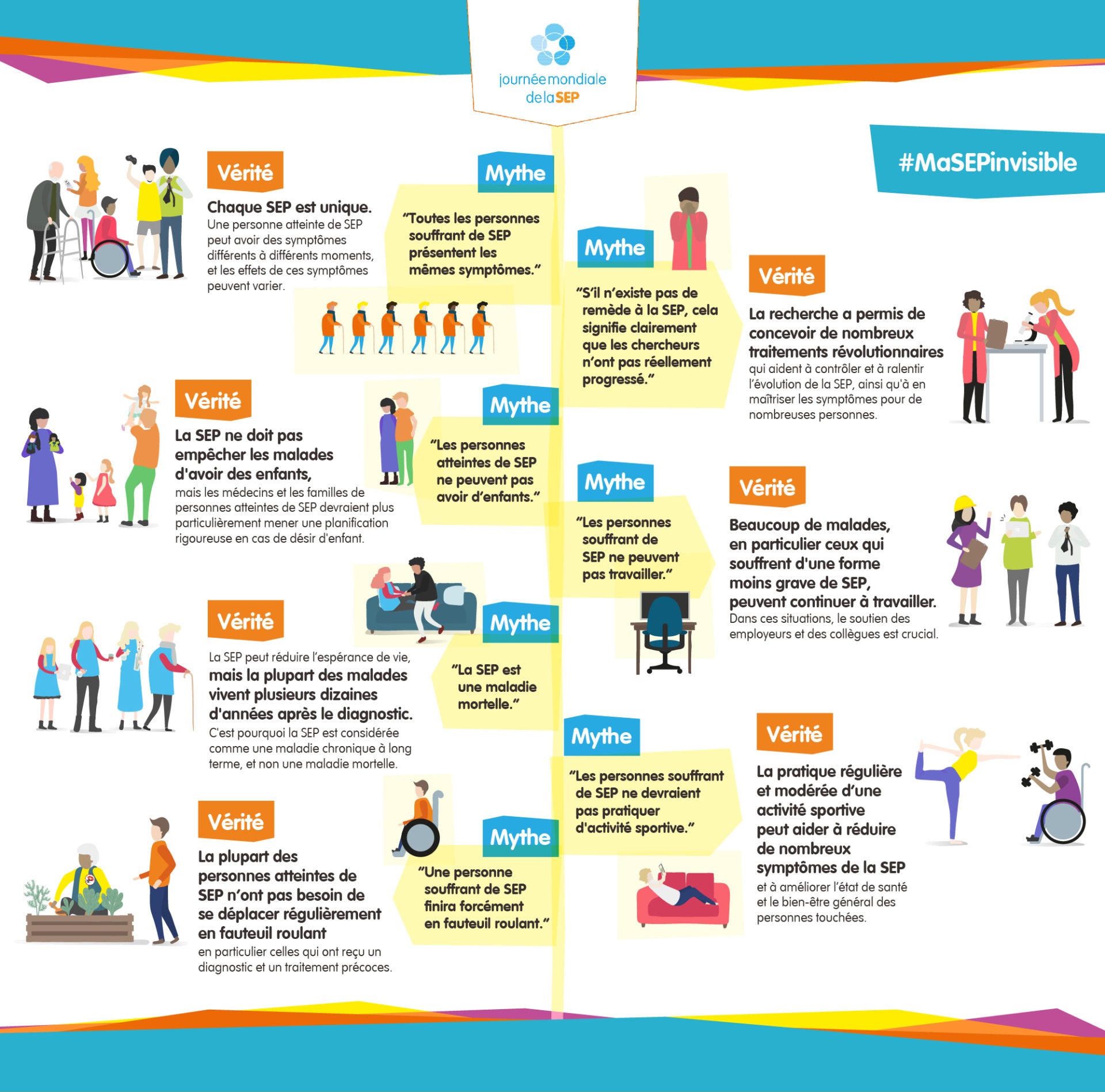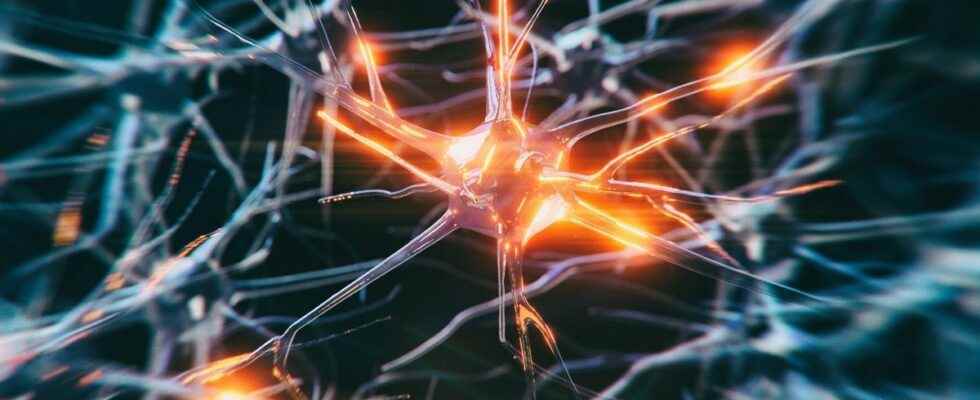Posted 11 hours ago,
Reading 2 mins.
May 30 marks World Multiple Sclerosis Day. The opportunity to take stock of therapeutic advances with Marie-Gabrielle Alterio, CEO of ARSEP, the foundation for research into multiple sclerosis.
In France, more than 110,000 people are affected by multiple sclerosis, an inflammatory disease of the central nervous system which generally manifests itself between the ages of 25 and 35. It is the leading cause of non-traumatic disability in young adults. This is why ARSEP wishes to inform and raise public awareness of this still too little-known disease.
Multiple sclerosis: 600 projects have been funded
While many activities around the disease are planned in several French cities (workshops on invisible symptoms, accessibility course with wheelchairs, etc.), AREP continues to fund research teams studying this pathology and to raise awareness the public about medical advances.
“We took stock of the advances in research, the developments over the past twenty years, and the benefits for patients”confides Marie-Gabrielle Alterio.
As such, 30 million euros have been granted for research projects, 600 projects have been funded and 400 different researchers have been funded.
72% of the projects concern the understanding of immune system dysregulation and myelin repair and 28% of the projects represent a benefit for patients (response to treatment, rehabilitation, etc.).
Most treatments help to control and slow the progression of the disease, as well as to control the symptoms.
Indeed, this pathology – whose signs vary from one person to another – can generate in some patients real motor, sensory, cognitive, visual, sphincter or even psychological discomfort, which can lead to disability.
Fighting misconceptions
Many myths persist about the disease.
As such, an old campaign called “My invisible MS” had tried to sweep away the main ideas received on this neurodegenerative pathology (multiple sclerosis always causes the same symptoms, patients cannot have children, the disease is fatal , the patients all end up in wheelchairs…).

These false beliefs, if they are sometimes insignificant, can affect the lives of patients – and in particular their inclusion in society. Fighting against received ideas is therefore essential.
As a reminder, a certain number of genes and environmental factors (climate, diet, viral infections, pollution, etc.) can be the cause of the disease but, from one person to another, their involvement is different. .
